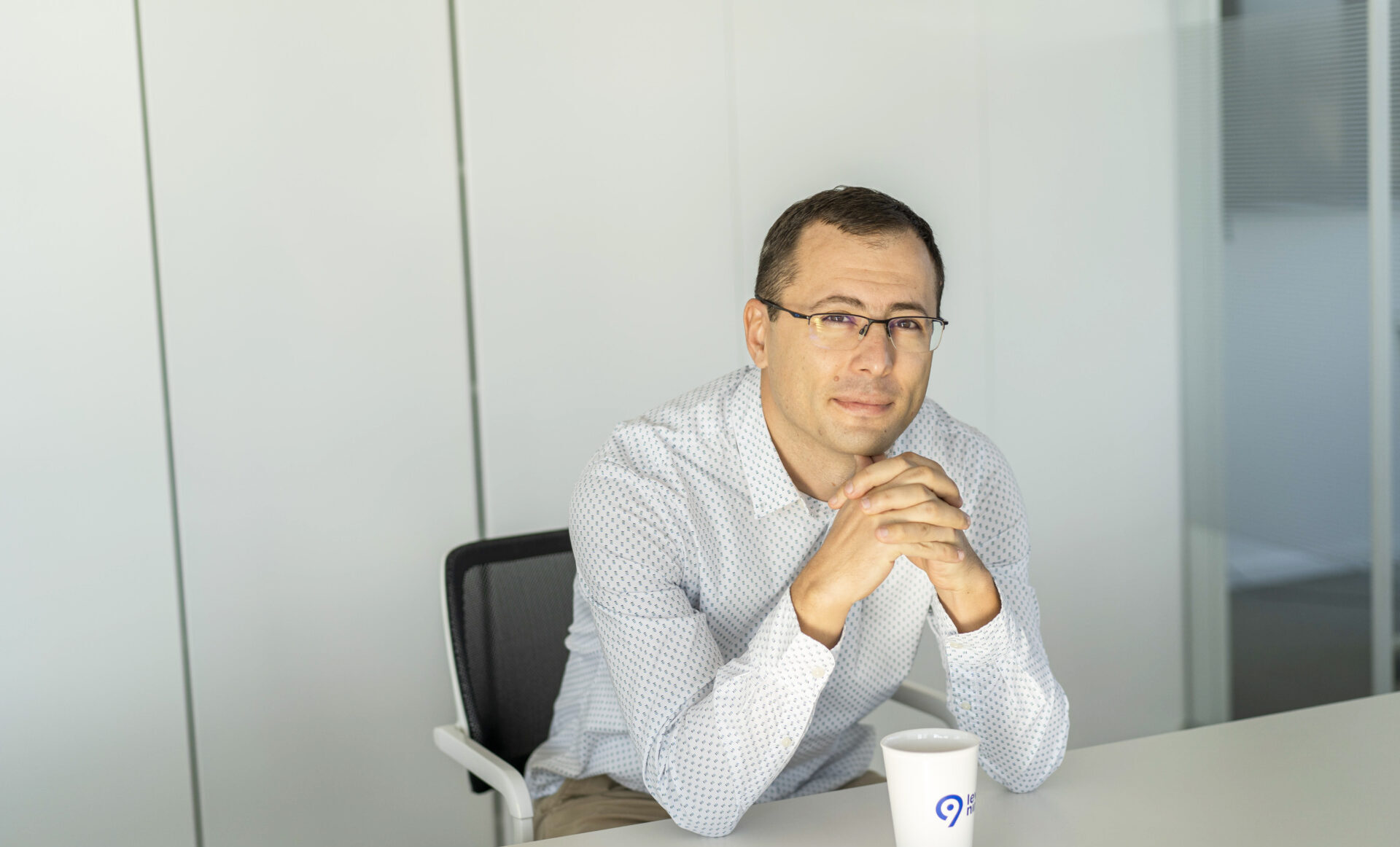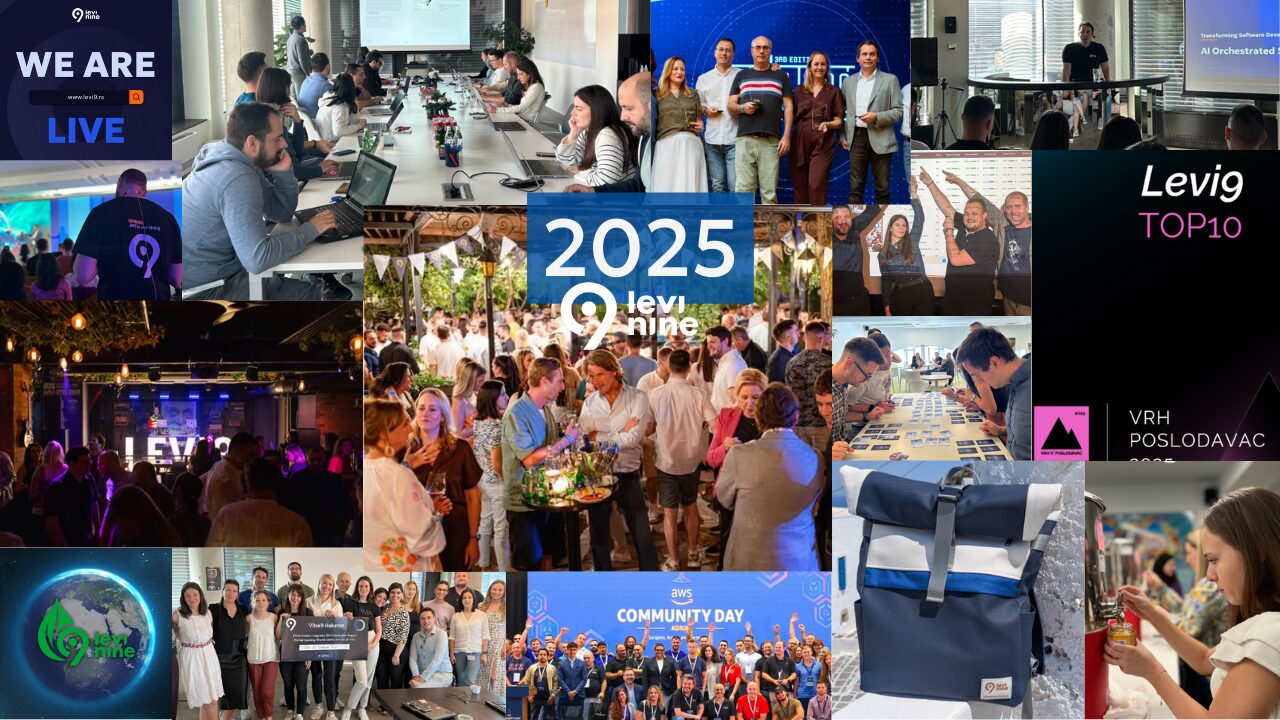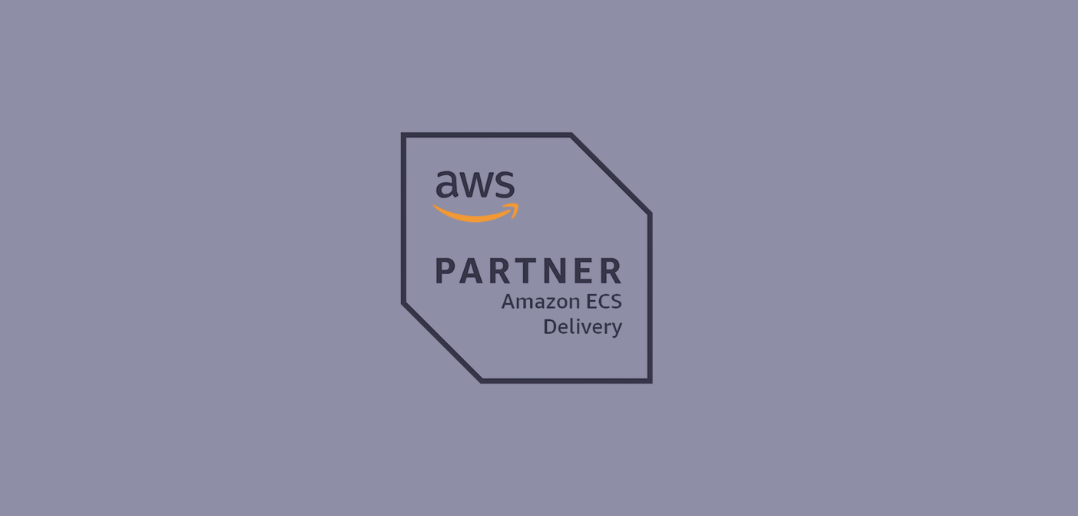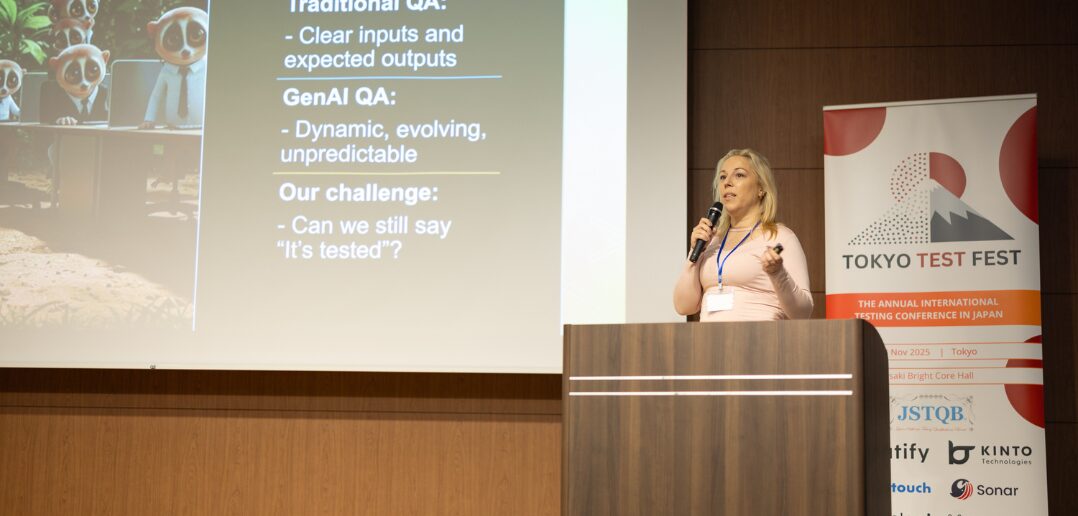We are living in the golden bloom of artificial intelligence. Although AI has been used and studied for decades, it was only in November 2022, with the “launch” of ChatGPT, that a turning point occurred: one million users in five days, one hundred million in about two months. Microsoft and Google accelerated their investments and development, making it seem like the limits of what “machines” can do are shifting every week.
Of course, expansion comes with fears. Science fiction warned us long ago – yes, Terminator – and even people like Elon Musk and Steve Wozniak have called for a pause in development. But the AI genie is already out of the bottle; whether we like it or not, it will become part of every sphere of life. The only question is how we will use it.
In practice, AI is already here, often unnoticed. Netflix predicts what we want to watch, Viber summarizes messages from school groups, and our phones finish sentences for us. The youngest generation has embraced it without prejudice: record a short video of your fridge, and AI suggests a meal – sometimes even advice about school, friends, or gifts (don’t ask how I know). It’s useful, but overreliance can dull analytical thinking and decision-making skills. One MIT study showed a negative impact on memory and creativity that arises when AI becomes a replacement for our own thinking instead of just a tool.
As someone who has spent 20 years in the world of technology, at Levi9, I can confirm from experience that AI has changed the way we design, develop, and test software solutions. But not only because AI has become an integral part of our work – the expectations and needs of our customers have changed as well.
In education, AI has evolved from a “copyist” to a tutor. A few years ago, it was easy to spot an essay written by a model – today, it adapts the style to the student’s age and sounds “like a student.” Take a photo of a math problem, and the AI assistant writes out the full solution process. The best models can now handle advanced high school math and over 70% of more complex university-level problems. For parents and teachers, that saves time: AI explains step by step, maps weaknesses, and provides targeted exercises. In some schools in the West and China, platforms are being introduced that track each student’s progress. Thus, the teacher gets an assistant who never sleeps, and the student receives explanations “at their own level.” Learning a language has never been easier – you can now talk with an AI avatar in real time, with instant corrections of pronunciation and grammar.
Travel? Travel agencies that have implemented AI report that the same team can handle up to three times more clients – with personalized itineraries, logistics, and reservations. And how convenient is it when your personal AI assistant gives you a perfectly tailored plan for “a three-day vacation in Belgrade,” from museums to river clubs?
Healthcare is particularly sensitive, but also full of promise. In Serbia, the Institute for Artificial Intelligence, together with the Children’s Clinic in Tiršova, conducted a pilot project for detecting rare diseases: AI reviews diagnoses and “raises a flag” when it recognizes patterns that are easily overlooked in busy hospitals, prompting doctors to run additional analyses earlier. In image analysis, AI has outperformed experienced radiologists in some studies (on 10,207 MRI scans used to detect prostate cancer, 62 radiologists were compared with an AI system developed for that purpose). Still, most patients do not want “AI instead of a doctor,” but rather “AI alongside a doctor” – and rightly so. In countries like Kenya and Rwanda, where doctors are scarce, AI handles initial triage and report analysis, while humans review more concerning cases – enabling one doctor to supervise multiple clinics.
Artificial intelligence will not solve our dilemmas for us, but it is already changing how we think, learn, and heal. In practice, it works best when it broadens our perspective, shortens the path to solutions, and relieves us of routine work – and works worst when we hand over moral decisions and independent thought to it.
If we accept it as a tool rather than an authority, we gain more – a teacher who patiently explains, an assistant who never sleeps, and a diagnostic lens that makes fewer mistakes. The next step isn’t a pause from technology, but smarter use: verifying sources, checking claims, and keeping responsibility in human hands.
AI will not replace us – only our poor choices could. What will happen when we create systems smarter than us? That doesn’t have to mean an automatic “Terminator” scenario, but it does mean that rules, institutions, and ethics must stay ahead of power – and humor and common sense must remain the final word. For now, that’s still a topic for a good discussion – ideally over a drink.
Dario Đurica, Principal Architect








